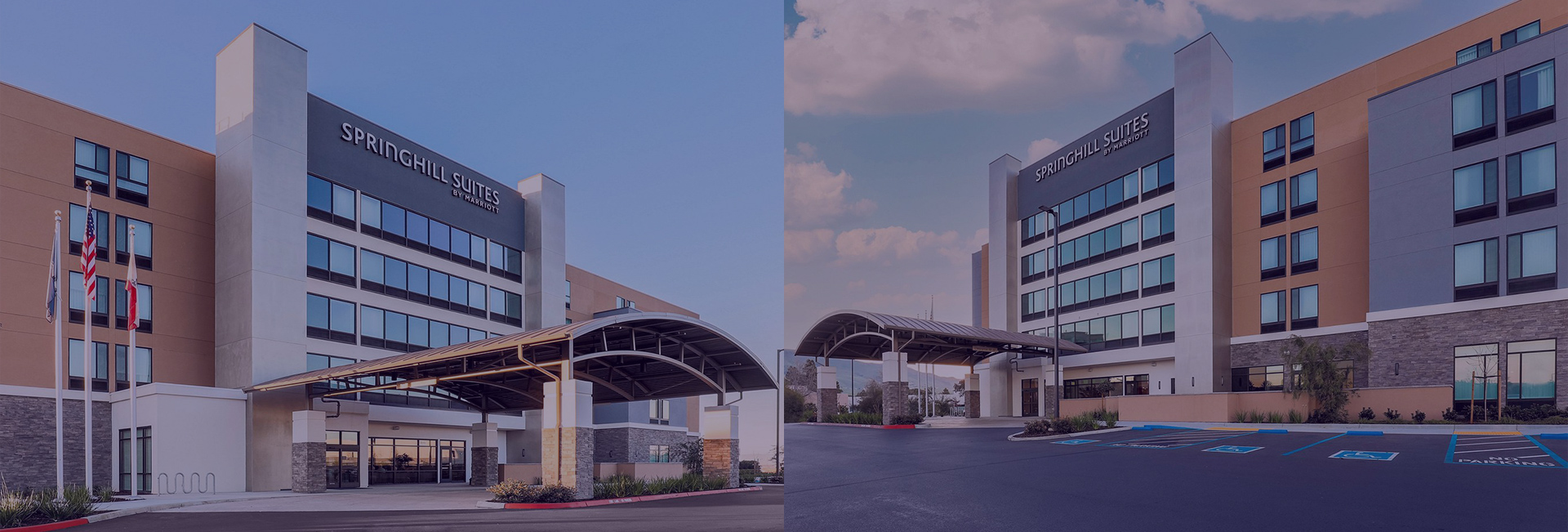Event Schedule
Global LLM and Agentic AI Bootcamp Track
Day -1 ( May 16 Friday 7:30AM-6:00PM )
| 7:30 AM - 8:00 AM | Registration |
|---|---|
| 8:00 AM - 9:00 AM | Foundations of Generative AI |
| 9:00 AM - 10:15 AM |
Introduction to Generative AI
|
| 10:15 AM - 10:30 AM | Break |
| 10:30 AM - 12:00 PM |
Foundation Models and Architecture
|
| 12:00 PM - 1:00PM | Lunch Break |
| 1:00PM - 3:00 PM |
Prompt Engineering Fundamentals
|
| 3:00PM - 3:15PM | Break |
| 3:15PM - 5:00PM |
Practical Workshop: Basic Prompt Engineering
|
| 5:45PM - 6:00PM | Practical Workshop: Basic Prompt Engineering(Contd..) |
Day -2 ( May 17 Saturday 8AM - 6:00PM )
| 8:00AM - 9:00AM | Advanced Prompt Engineering |
|---|---|
| 9:00 AM - 10:30 AM |
Advanced Prompt Engineering (9:00 - 10:30)
|
| 10:30 AM - 10:45 AM | Break |
| 10:45 AM - 12:00 PM |
Embedding Models Deep Dive
|
| 12:00PM -- 1:00PM | Lunch Break |
| 1:00 PM - 3:00PM |
Building RAG Systems
|
| 3:00 PM - 3:15 PM | Break |
| 3:15 PM - 5:00PM |
Practical Workshop: Implementing a RAG System
|
| 5:00 PM - 6:00 PM | Practical Workshop: Implementing a RAG System(Contd..) |
Day - 3 ( May 18 Sun 8AM - 5:30PM )
Advanced Topics and Production Deployment
| 8:00AM - 9:30AM |
Advanced Topics and Production Deployment |
|---|---|
| 9:00 AM - 12:00PM |
Fine-tuning and Transfer Learning
|
| 10:30 AM - 10:45 AM | Break |
| 10:45 PM - 12:00 PM |
Multimodal AI and Beyond Text
|
| 12:00 PM - 1:00PM | Lunch Break |
| 1:00 PM - 2:30 PM |
Production Deployment and MLOps
|
| 2:30 AM - 2:45 AM | Break |
| 2:45 PM - 4:00 PM |
AI Agents and Autonomous Systems
|
| 4:00 PM - 5:00 PM |
Workshop Conclusion and Future Directions
|
NOTE: Agenda and speakers subject to change without notice
Pre-Workshop Requirements
- Technical Requirements
- Basic programming knowledge (Python preferred)
- Laptop with internet connection
- Development environment setup (instructions will be provided)
- API keys for various AI services (optional, but recommended)
Recommended Pre-Reading
- Introduction to machine learning concepts
- Basic neural network principles
- Python programming fundamentals (if needed)
Post-Workshop Resources
- Workshop slides and materials
- Code repositories and examples
- Recommended reading list
- Community forum access
- Certificate of completion
-

Global Agentic AI and LLM Bootcamp
Date: May 16th to 18th, 2025 Venue: Fremont, CA, USA - Register Now
